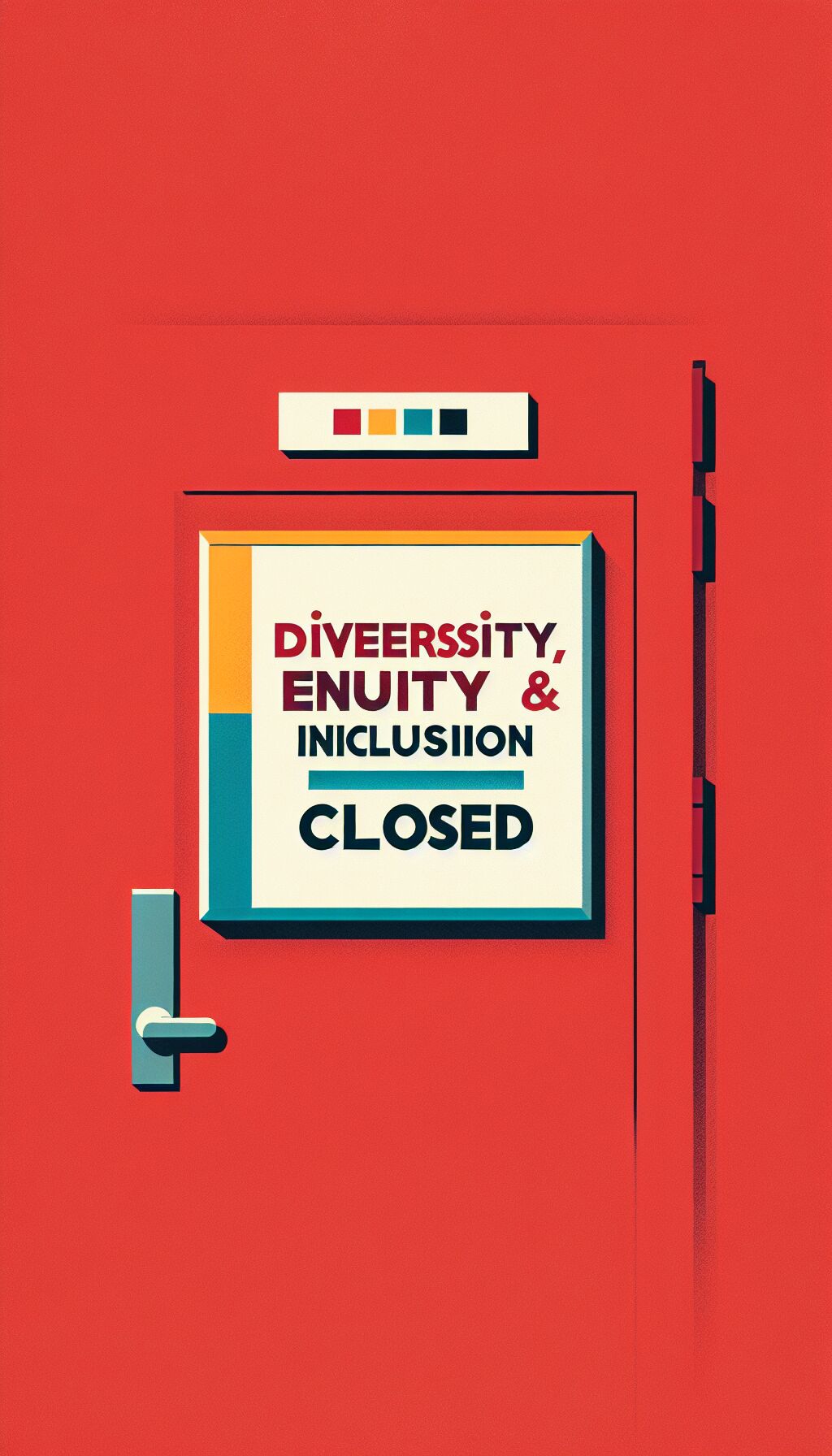West Virginia University Shutters Diversity, Equity & Inclusion Office Amid Rising Criticism
West Virginia University (WVU) has become the latest institution to close its Diversity, Equity & Inclusion (DEI) office, reflecting a national trend as state and federal leaders call for identifying and dismantling what critics term “reverse discrimination”. The decision to shut down the DEI division comes as part of a broader push against DEI initiatives across multiple states.
Current Activities and Future Plans
As of Monday, the DEI division’s webpage at WVU remained visible, still promoting scheduled activities such as an “interactive social justice experience” called the “Tunnel of Awareness”, an “Implicit Bias Test”, and a “Yappy Hour” featuring therapy dogs. Additionally, students were encouraged to join discussions led by WVU Vice President Meshea Poore about fostering an inclusive campus environment.
However, the DEI office will soon transition into a new organization, the Division of Campus Engagement and Compliance, which will centralize efforts around compliance with the Americans with Disabilities Act (ADA) and Title IX.
Governor’s Executive Order
The closure is in direct response to an executive order issued by GOP Governor Patrick Morrisey, who has labeled DEI practices as conflicting with both the state and U.S. Constitutions. The order specifies that no entity under the authority of the governor or receiving state funds may use resources for DEI positions, activities, programs, or mandatory training.
“No [entity] under the authority of the governor or receiving state funds shall utilize resources for DEI positions, activities, procedures or mandatory training,” the order states.
Governor Morrisey’s decree arrived just days before a federal order by then-President Donald Trump, which similarly sought to halt DEI initiatives in public entities. Morrisey has called for the eradication of what he described as the “woke virus” in schools and emphasized that all individuals should be treated equally under the law. He elaborated that the intention behind these decisions is to ensure that no specific group benefits unlawfully over another based on race, color, ethnicity, or other factors.
WVU’s Shift in Focus
April Kaull, WVU’s executive director of communications, clarified that the new Division of Campus Engagement and Compliance would not just be a rebranding of the DEI office but rather a shift in focus to align more closely with the governor’s directives. She stated:
“The new West Virginia University Division of Campus Engagement and Compliance is positioned to carry out its core mission and serve all within our university community.”
This shift aims to ensure adherence to state and federal guidelines, as well as to support the university community’s needs concerning Title IX and ADA compliance.
National Trends in DEI Initiatives
The changes at WVU reflect a growing trend among major universities. In December, the University of Michigan also dismantled its DEI structure and announced it would no longer solicit diversity statements during faculty hiring, promotions, or tenure decisions. Similarly, the University of Austin has committed to eliminating DEI initiatives, vowing to promote freedom of speech and merit-based admissions.
“We want to create an environment that’s safe for ideas to be explored and where there’s no risk to students for taking positions as they explore,” remarked Michael Shires, Vice President of UATX.
Legislative Trends Across the States
WVU is not alone in this movement, as at least six other states, including Alabama, Idaho, Iowa, Indiana, Kansas, and Utah, have enacted bans or limitations on DEI teachings or initiatives in educational institutions. The ramifications of these actions are already being felt across the educational landscape.
In Massachusetts, Mount Holyoke College’s president expressed hope that higher education would resist succumbing to the DEI backlash. President Danielle Holley indicated that executive orders targeting DEI activities fail to recognize the value of a multiracial democracy.
Furthermore, Northeastern University in Boston has opted to rebrand its DEI office as “Belonging in Northeastern” to reflect a newly envisioned approach to inclusivity.
Challenges Faced by Educational Institutions
Meanwhile, a faculty member at Rutgers University faced significant setbacks as federal funding for an internship session targeting Historically Black Colleges and Universities (HBCUs) was put on hold due to the new restrictions on DEI-related initiatives. These changes have caused notable disruptions in programming and support designed to aid marginalized groups within college communities.
In Springfield, Missouri State University announced the termination of its DEI programs, a decision reportedly made with the backing of its Board of Governors. University President Richard Williams conveyed that while the institution values diverse thought and actions, compliance with state directives was crucial given that nearly two-fifths of its funding comes from state sources.
Conclusion
As more educational institutions navigate the complexities of compliance with governmental orders against DEI practices, the landscape of higher education in the United States continues to shift. While some are celebrating these changes as a step towards equality, others are raising alarms about the potential chilling effects on inclusivity and support for diverse student populations.
Fox News Digital’s Jamie Joseph and the Associated Press contributed to this report.










